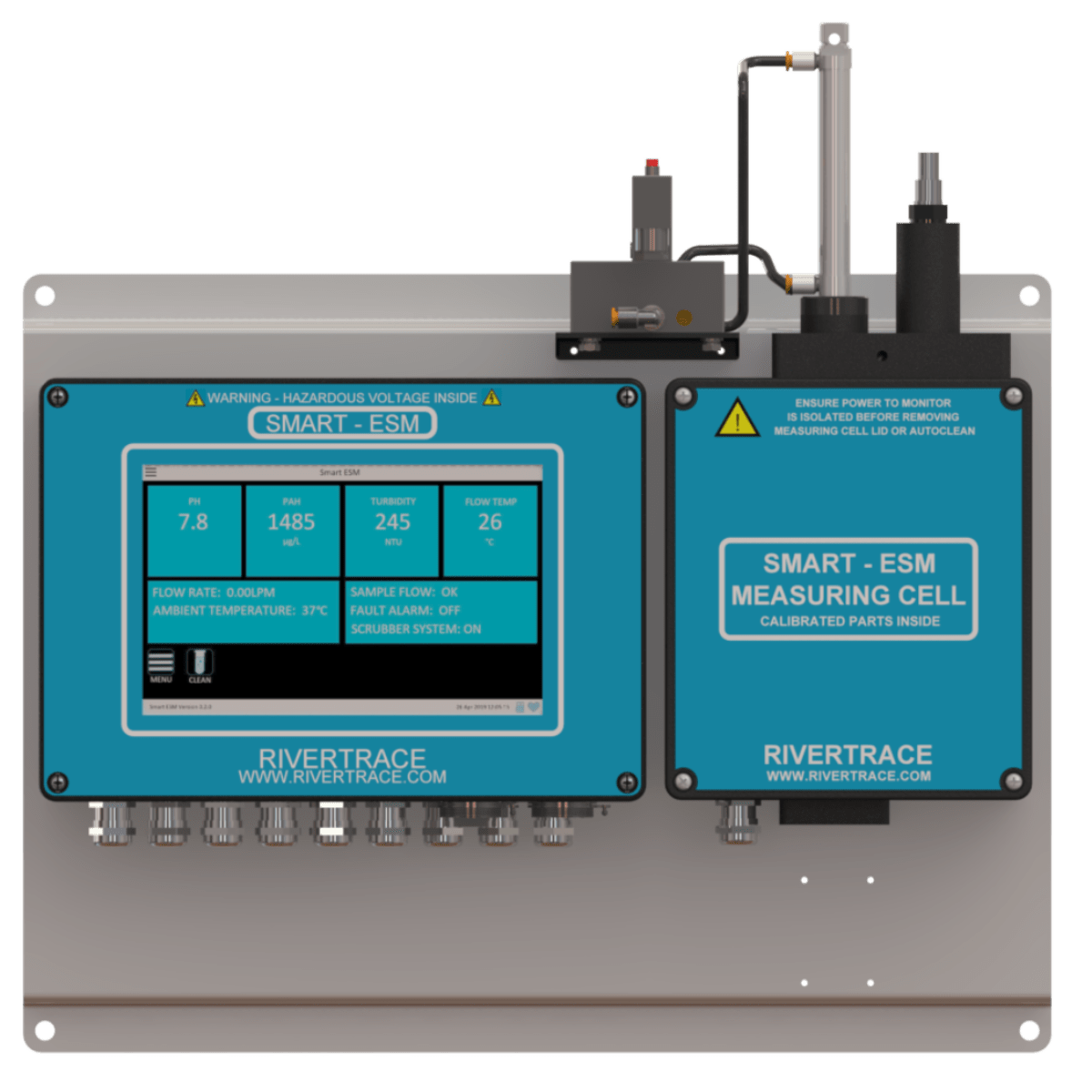New White Paper on Scrubber Technology and Washwater Monitoring

Ahead of the incoming Global Sulphur Cap restrictions that will impose a ban on all marine fuels with >0.50% sulphur content from January 1, 2020, market leading developers of smart water quality monitoring technology Rivertrace Limited, have published a technical white paper that focusses on scrubber technology options and washwater monitoring.
Entitled ‘To Scrub or not to scrub?’, the white paper provides the industry with a need-to-know guide to all options for compliance, with particular focus on scrubbers and IMO washwater monitoring guidelines. The paper also explores the impact of sulphur emissions from ships, the chemistry of scrubbing sulphur from exhaust gases and the benefits associated with scrubber use.
As the global shipping industry prepares for the arrival of the global sulphur cap in January 2020, the choice between compliance options to meet fuel sulphur content restrictions imposed by the Global Sulphur Cap are fast becoming a reality for ship owners.
Rivertrace, as an advocate for environmental compliance, is working to ensure that ship owners are well-informed on current guidelines for scrubber washwater monitoring as the debate around the use of scrubbers by ships rages on. In publishing the new white paper, Rivertrace have issued an advisory to ship owners that during the selection of a scrubber technology, careful consideration of what washwater monitoring equipment is used by the scrubber manufacturer is a vital importance to ensure potential regulatory requirements are met in the future.
 Rivertrace’s SMART ESM (Exhaust Scrubber Washwater Monitor) fully compliant with MEPC 259(68)
Rivertrace’s SMART ESM (Exhaust Scrubber Washwater Monitor) fully compliant with MEPC 259(68)
Mike Coomber, Managing Director of Rivertrace says: “We have seen recent bans on scrubber operation in some ports because of the washwater discharge issue. However, there is acceptance that the continued use of scrubbers by ships may depend on being able to prove that washwater quality is constantly monitored and shown to meet appropriate standards.
“The fact that scrubber washwater remains to be the only discharge of its type not subject to the same standards as discharges from other shipboard systems means that it will almost inevitably lead the requirement of mandatory monitoring Therefore, ship owners must be well-informed of washwater monitoring equipment options and those used by scrubber manufacturers in order to ensure compliance with future standards.”
The full paper is available to view here.
Rivertrace will showcase their product range including the new SMART ESM Exhaust Scrubber Washwater Monitor which measures and records PAH, Turbidity, Temperature and pH and is fully compliant with MEPC 259(68), at Nor-Shipping 2019 in Oslo between June 3-7. Visit the Rivertrace team at stand D06-04.

